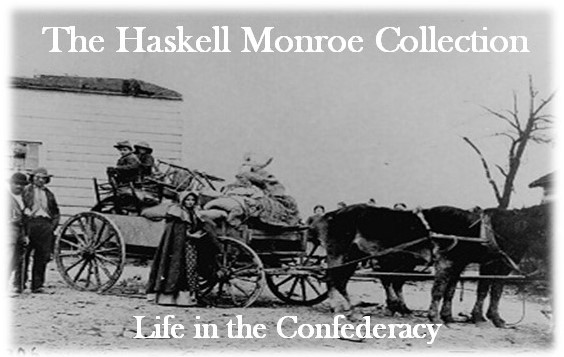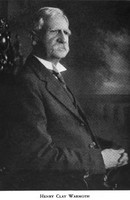Reconstruction
Traditionally viewed as the end of the Civil War, Lee's surrender to Grant at the Appomattox Courthouse in 1865 may have ended the great engagements on massive battlefields but not the struggle. "But looking beyond Appomattox," writes historian Gregory Downs, "forces us to confront the dismaying, necessary fact that our contemporary freedom and civil rights are in some ways the product of war powers." Further, he claims: "The end battles did not end the occupation of the rebel states. Surrender marked a turning point, not an endpoint, for the state of war." Once viewed in this light, Reconstruction's era entangles itself so tightly with the war that they are inseparable as Reconstruction was an extension of the Civil War struggle. In this way, the South's occupation by Federal forces and the complexity of the second half of the nineteenth-century illuminates a Confederate struggle, identity, and nationalism that was transcendent of the Confederate States of America.
As many of the people in our collection lived through the Reconstruction era, we invite you to explore it with those that remembered it. Further, how was the Civil War remembered by those experiencing the Reconstruction? The memory of the Civil War is a powerful force in American culture; therefore, the context of when that memory collectively forms matters. Our collection's items represent a time when that memory was first created and reflect as much about the time of their creation as the history they wish to tell.




